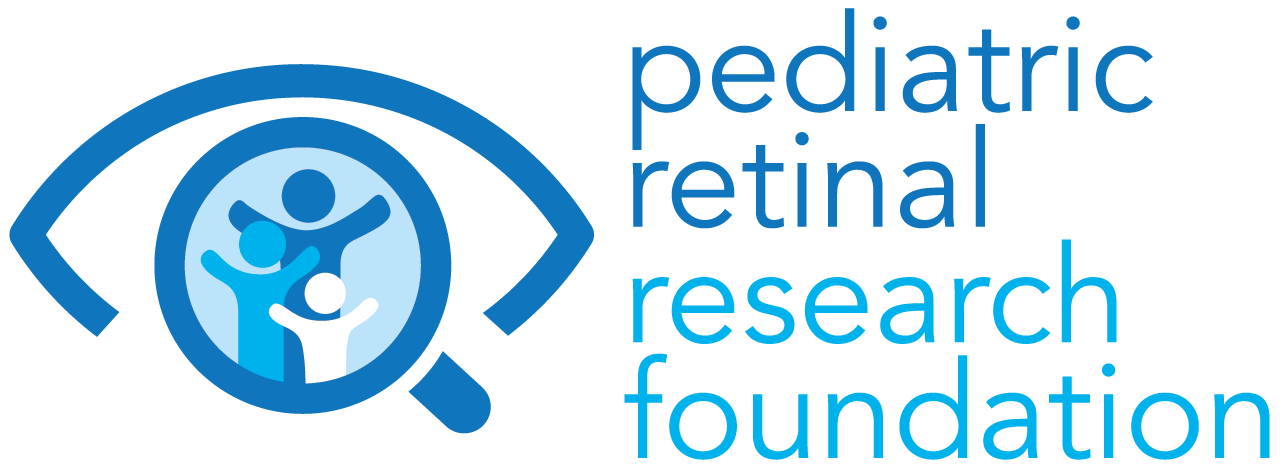To See or Not to See, That is the Question
By Jeanne McClellan
A woman with low vision is walking down the street and sees another woman approaching from the opposite direction. As she gets closer, she sees the woman’s two beautiful dogs. She cheerfully remarks to the dog owner, “your dogs are beautiful.” The dog owner looks startled and a little frightened, and quickening her pace, and hurries past.
A man with low vision is walking with his Orientation and Mobility Instructor on a busy street in Los Angeles and comments, “There’s a big shallow river with tire tracks running through it up ahead.”
Each of these partially sighted people have a condition called Charles Bonnet Syndrome (CBS), in which partially or severely blinded people have visual hallucinations. Neither the dogs nor the river was real.
In Vienna back in 1760, Austrian naturalist and philosopher, Charles Bonnet noticed that his grandfather, who was suffering from cataracts, was seeing hallucinations. The phenomenon was named after Bonnet in 1982.
“It’s really quite common,” says Dr. Antonio Capone, Jr., president of the Pediatric Retinal Research Foundation (PRRF) board of directors and chief clinical officer at EyeCare Partners. “It is mostly seen in patients with advanced macular degeneration, glaucoma, and cataracts, and women outnumber men 4 to 1.” The visual images can be amorphous shapes, geometric figures, or people, animals and other scenes, as in our two examples. They can last several seconds or several hours. The cause of CBS is still not known, but a predominant theory is that the brain, absent visual stimuli, manufactures its own visions. A similar phenomenon happens with people who are hearing impaired have musical hallucinations. (Maybe the brain just wants all our senses to work!) There is no known treatment for CBS, although it has been known to go away on its own.
The most difficult aspect of CBS is that people don’t tell their doctors what they are experiencing because they think it is a mental health issue and are often embarrassed to speak up. CBS is a physical phenomenon not psychological and should be reported to your doctor.
So, if you are seeing things, tell your doctor. You are not alone.
About the author:
Jeanne McClellan was born and raised in Royal Oak Michigan, got a master's degree in psychology, and worked for approximately 30 years as a counselor and social worker until she retired in 2009.

